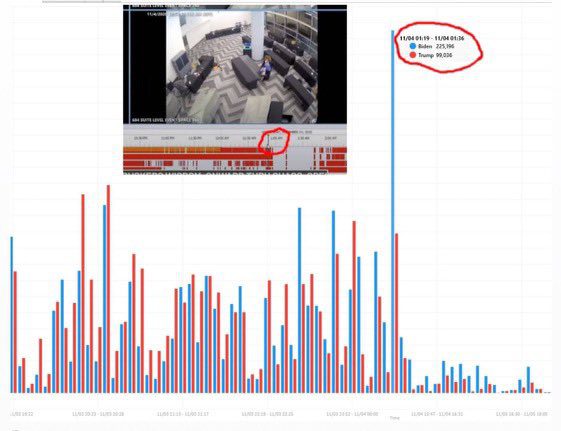The controversial decision by the Brazilian government to welcome Russian President Vladimir Putin during the G20 summit in 2024 has sparked heated debate and raised concerns about potential legal implications. Brazilian Minister of Foreign Affairs Mauro Vieira announced the government’s intention to host Putin in an interview with BBC News Brazil, creating a diplomatic stir. The move comes at a time when Putin is facing an arrest warrant issued by the International Criminal Court for alleged war crimes committed during Russian military actions in Ukraine, a situation that could potentially put Brazil in a difficult position as a signatory to the treaty.
The decision to welcome the Russian autocrat to Brazil was announced by Brazilian Minister of Foreign Affairs Mauro Vieira. He conveyed this information in an interview with BBC News Brazil published on Wednesday, 27.
The Brazilian government’s signal to receive Putin has sparked controversy since the Russian president is the target of a prison sentence by the International Criminal Court, of which Brazil is a signatory.
In March of this year, the court issued an arrest warrant against Putin and other Russian government officials for alleged crimes committed during Russian military actions in Ukrainian territory. The court is affiliated with the United Nations and adjudicates war crimes. As a signatory to the treaty, experts argue that Brazil could be obligated to execute Putin’s arrest if he sets foot on national territory.
Amidst concerns about the potential legal implications, Vieira made it clear that Brazil would not take any initiative to arrest Putin during his visit to the country. This stance is consistent with President Luiz Inácio Lula da Silva’s earlier declaration that Putin would not be subject to arrest if he were to visit Brazil. Lula emphasized that, as the president of Brazil, he saw no reason for Putin to be arrested, highlighting the government’s stance on the controversial issue.
The decision to host Putin in Brazil has raised questions about the country’s international obligations and its willingness to uphold the rule of law. Brazil’s role as a signatory to the International Criminal Court treaty has come under scrutiny, with experts and critics arguing that the government’s gesture towards Putin could potentially undermine its commitment to international justice and human rights.
The controversy surrounding the potential visit of Vladimir Putin to Brazil is likely to continue as the country grapples with the legal and diplomatic implications of hosting a world leader who is the subject of an international arrest warrant. The government’s decision has reignited debates about Brazil’s foreign policy and its approach to human rights and international justice, with many calling for a re-evaluation of the country’s stance on the issue. As the G20 summit in 2024 approaches, all eyes will be on Brazil as it navigates the complexities of welcoming a controversial figure like Vladimir Putin onto its soil.




